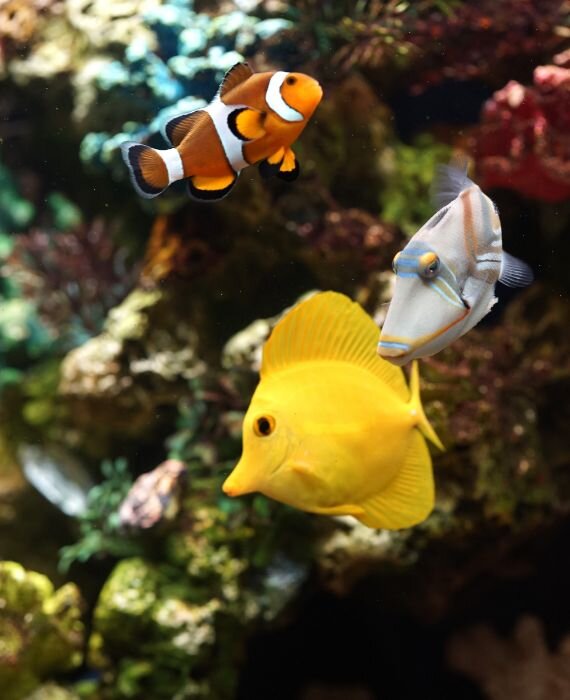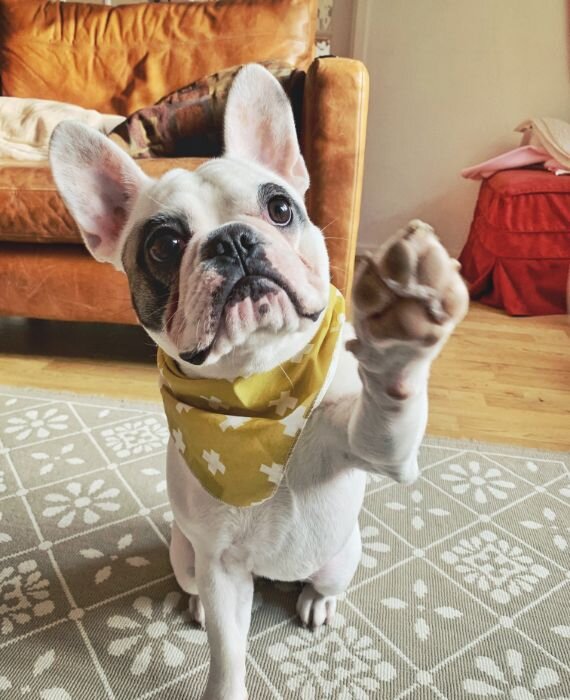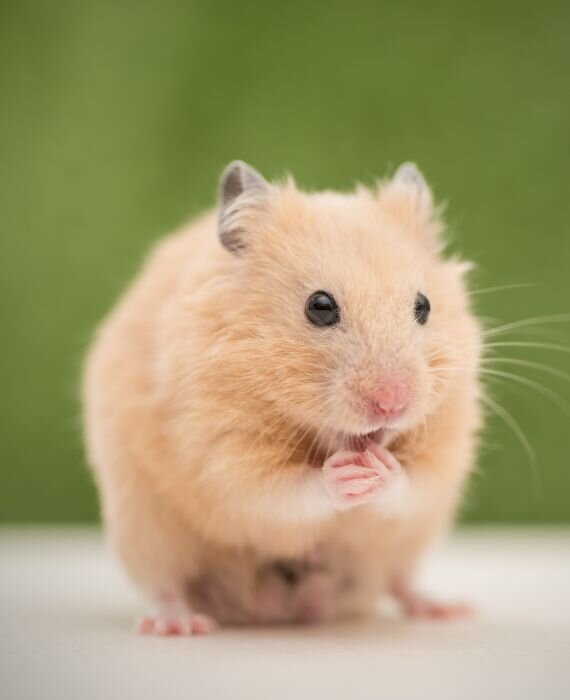
MIssion
Protect human health, animal health, and public health by working collaboratively with governmental and non-governmental public health partners and allied stakeholders on zoonotic disease prevention resources for the pet care community and pet owners.
History
Building on collaborative work since the early 2000s to prevent the spread of diseases between animals and people (zoonotic diseases), PIJAC first convened its Zoonosis Committee in 2013.
The Zoonosis Committee consists of experts from different segments of the pet industry, veterinary medicine, and public health, assisted by Pet Advocacy Network staff and consultants.
Focus
In large measure, the Pet Advocacy Network’s Zoonosis Committee is charged with implementing a Memorandum of Understanding (MOU) with the Centers for Disease Control and Prevention (CDC) that creates a partnership “to combine efforts in educating a large audience of pet industry stakeholders.” The Pet Advocacy Network serves as the pet industry’s liaison on public health issues and zoonotic disease prevention. Specific tasks outlined in the MOU include:
- Providing educational material for retailers and the public;
- Developing best management practices for retailers, breeders and distributors;
- Developing web-based educational resources; and
- Improving communication during a zoonotic outbreak via industry Health Alerts and Updates.
Accomplishments
Creation of zoonotic disease prevention resources for the pet care community and pet owners.
- Recommendations for Antibiotic Stewardship in Companion Animals
In March 2019, Pet Advocacy Network unveiled an industry-wide, comprehensive set of recommendations for antibiotic stewardship and combatting antimicrobial resistance (AMR) in companion animals. The recommendations encompass a unified set of principles for all sectors of the pet care community, with an emphasis on those involved in the breeding, rearing, transport and sale of companion animals, as well as those who work with products where antibiotics regularly intersect with animals. They provide expert advice and best management practices on topics including use of antibiotics, sanitation, hygiene, veterinary oversight and zoonotic disease prevention, among others. - Zoonotic Disease Prevention Retail Flyer Series
A series of informational flyers describing some important diseases that can be transmitted from companion animals to humans. These flyers were developed to inform retail store staff about the nature of zoonotic diseases and how to reduce the chance of contracting disease. This series targets retail store associates, who generally are more knowledgeable about a variety of pets and are at risk of exposure due to repeated contact with the animals and their environment. Although the flyers present guidance on disease prevention in the retail environment, much of the advice applies to the general public as well, and front-line staff may find the information valuable when interacting with customers. - Healthy Herp Handling Poster
Because Salmonella germs can be carried by reptiles and amphibians, along with many other animals, Pet Advocacy Network developed the Healthy Herp Handling poster to educate reptile and amphibian owners and handlers on the simple steps they should follow to keep themselves healthy when handling their pets. It depicts steps for safe handling and keeping of reptiles or amphibians in a visually appealing way that can be used for classrooms with pets, retail stores and pet owners. - Pet Store Pro Zoonotic Disease Prevention Chapter
The Pet Advocacy Network created this new Zoonotic Disease Prevention chapter in partnership with the Pet Industry Distributors Association (PIDA) for the Pet Store Pro online training program. Pet Store Pro is a free online resource for independent pet specialty retailers that offers over 30 topics covering retail basics and pet care for associates and management. The new chapter describes proper hygiene and handling practices inside retail stores to help reduce the transmission of germs and bacteria. These include cleaning guidelines, cautions for staff or customers with existing health conditions and hand washing protocols. The chapter also outlines recommendations for sanitizing enclosures and handling animals and their food, bedding and waste. Lessons are designed to help store associates identify and explain human symptoms and clinical signs of specific diseases that may occur in dogs, cats, small animals, fish, birds, reptiles and amphibians, as well as how to respond to and report suspected zoonotic disease in both animals and humans.
Resources
In collaboration with industry experts, government agencies, and other NGO’s, the Zoonosis committee has created various types of educational resources for the pet care community.
Support Our Work
More About Us
Follow Pet Advocacy Network
Learn More
Explore Other Committees

Aquatic
Advocating for the aquatic community on pet freshwater and marine fish regulatory and legislative issues
Learn More
Canine
Bringing together the canine care community to help people connect with and care for their canine companions
Learn More
Herps
Fostering collaboration among the herp community on issues affecting pet reptiles and amphibians
Learn More
Small Animal
Looking out for the small animal community, including rodents, birds, rabbits, and other small mammals
Learn MoreIt Takes a Community
Support pet care, join the Pet Advocacy Network.
We depend on the support of the responsible pet care community to ensure that pet lovers have opportunities to enjoy the companionship of healthy pets, and that the priorities of pet care businesses are protected now and in the future.
Essential News & Alerts
Keep on top of pet-related media coverage and Pet Advocacy Network news with our members-only daily and quarterly newsletters.
Shape Policy
Join our committees and make connections to lawmakers directing the future of pet care policy.
Pet Care’s Watchdog
Support our work tracking and taking action on issues that could directly impact your business.




